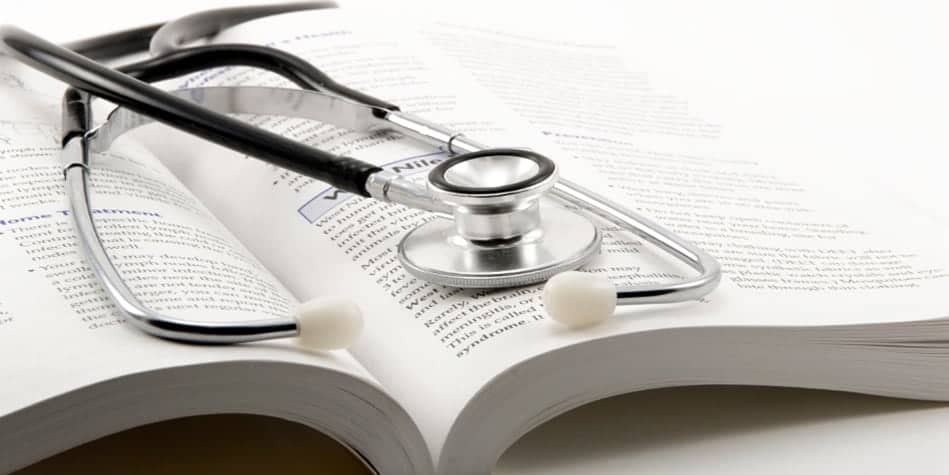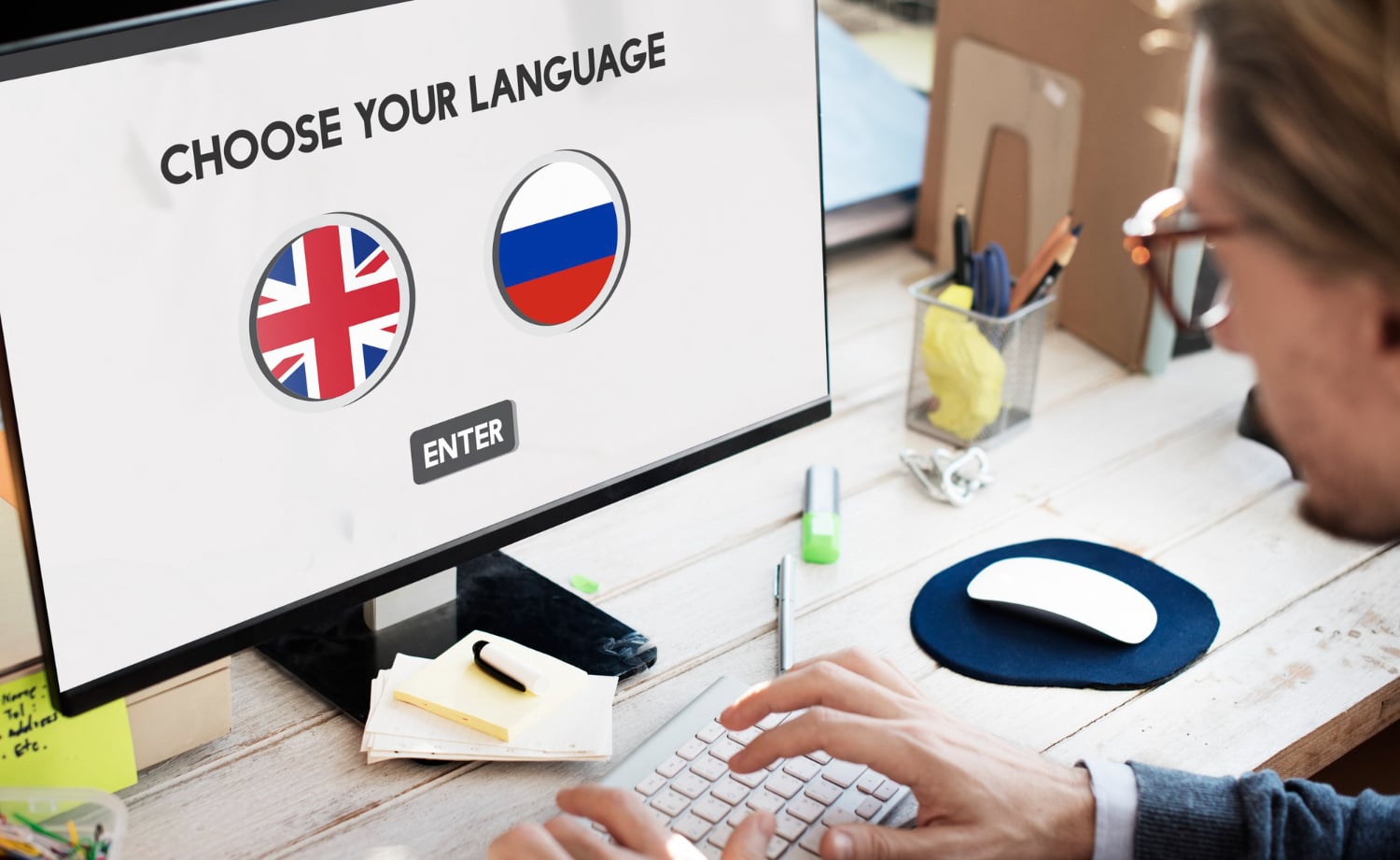
Medical Translation: The Key to Internationalize Healthcare Companies

Did you know medical translation is essential when it comes to helping healthcare companies achieve their internationalization goals successfully? According to the last research published by the Federación Española de Empresas de Tecnología Sanitaria (Fenin), Study on Healthcare Technology Production in Spain and its Internationalization, more and more Spanish technologic healthcare companies apply resources aimed at strengthening their presence in international markets, focusing on the European Union market as their main target.
In this sense, medical translation has become one of the most demanding specialisations in our industry. All this together with years of experience from our team of specialized translation in healthcare, ensures that at Nóvalo Language Creatives we can offer high-quality and comprehensive services: from terminology management and adaptation of writing styles to cultural issues and computer-assisted translation tools, all available to our partners so that their international marketing strategy seamlessly and effectively fits other markets.
Before diving into more details, it is important to understand what medical translation is and its implications, as well as why this specialization requires an expert team in this field.
- What Is Medical Translation?
- Spanish Start-ups: A Game Changer in the Healthcare Industry
- Medical Translation + SEO: The Cornerstone of a Good International Digital Marketing Strategy
- Translation of Medical Content and Regulatory Bodies
- Challenges of Healthcare Translation for the Medical Translators
What Is Medical Translation?
medicine.
(From the Lat. medicīna).
- f. The science or practice of the diagnosis, treatment, and prevention of disease.
This is a brief definition for such a wide term since the “practice of the treatment and prevention of diseases” is not limited to a single field of knowledge. It is quite the contrary: it encompasses countless areas and disciplines which are closely related. And these are not only the medical fields, such as paediatrics, surgery or radiotherapy, there are also other related sciences, including biochemistry, microbiology and pharmacology.
Taking all this into account, we can assume that medical translation, a specialization that meets the communication needs that arose from medicine, encompasses an enormous area way broader than what can be handled by translators, no matter their skills and training. Therefore, to address all the demands of this kind of specialized translation, a group of experts in this field must be proficient in the working language pair (something taken for granted) but also be familiar with the subject matter where possible and solve the lack of knowledge of some terms by other means, such as accessing to up-to-date linguistic resources (dictionaries and other reference works and being willing to invest lots of time doing research.
As well as being an extensive branch, medicine is undeniably one of the oldest branches of human knowledge and part of our current medical terminology—both in English and in most Western languages—is the result of twenty-five years of history. Thus, the current medical corpus contains words of Greek and Latin origin dating back to the 5th century BC. Some examples are carcinoma, artery or thrombus, alongside more contemporary terms which emerge as concepts are discovered or invented (COVID, gammagraphy or x-ray) or as new advances in technology are achieved: innovation is always present in this industry.
Spanish Start-ups: A Game Changer in the Healthcare Industry

Medicine is one of the oldest disciplines but also one of the most technologically advanced in recent years. As a result, new companies emerge with innovative proposals that have highlighted the great power of start-ups in the Spanish healthcare industry.
Specifically, at the beginning of the year, it was reported that the European Institute of Innovation and Technology, EIT Health, had selected the projects of four Spanish start-ups to be part of its programme Bridgehead. Its goal is to support entrepreneurs in this industry to grow their businesses in international markets by getting them in touch with incubators and accelerators of the EIT Health network.
In this context, you may wonder what is the role of Nóvalo when helping these start-ups to get internationalized. One of the most important steps for a successful arrival to international markets is to adapt all the content and information about its products and services to the native language of its new customers.
Medical Translation + SEO: The Cornerstone of a Good International Digital Marketing Strategy
Digitalizing the healthcare system is not only the future for the industry, it is already its present. A clear proof of that is ESalud. The application of information and communication technologies to healthcare has transformed medical care and more and more multinationals and start-ups are investing in this field.
These companies, many of them well-settled in the local market, consider it crucial to expand their business abroad. By doing this, they not only reach new audiences but also can contact foreign clusters, companies and investors.
The key to achieving that is a solid international digital marketing strategy. In this respect, translating and adapting content — websites, mobile apps, product user manuals or leaflets, marketing kits, etc. — to the target country, combined with a good organic positioning strategy (SEO), are the digital cornerstone to reach those new markets.
However, we cannot forget to mention an essential factor when adapting these contents. In this specialized field sometimes translating is not enough. For example, when it comes to medication or healthcare products, these texts must comply with the requirements set by the regulatory bodies who must supervise and approve them, a task that involves detailed and precise work.
Translation of Medical Content and Regulatory Bodies
As we have just mentioned, when translating medical content, we should specifically focus on all those texts subject to approval by regulatory bodies (the FDA in the USA or the EMA in Europe). The structure, writing and accuracy of these texts are strictly regulated and supervised by the relevant authority and cannot deviate from the set standards.
This happens to be the case for data sheets of medical products intended to be launched on a given market, along with their respective leaflets and tags. All these elements must comply precisely with very specific structural and writing rules to get the approval of the relevant regulatory body and course and be translated. That said, medical translation is a specialized field growing continuously, partly driven by the need of translating specific documents required by the authorities.
Challenges of Healthcare Translation for Medical Translators
Finally, it is a fact that medical translation poses difficulties and challenges that could be classified under two categories: general difficulties (which are intrinsic when translating from one language to another, e.g., between English and Spanish, the use or abuse of passive tenses, false friends, differences in the uses of the definite article, etc.) and specific difficulties (following the templates provided by the authorities or the use of a different terminology depending on the audience: healthcare professionals or patients).
Difficulties Specific to Medical Translation
- In Spanish, there is increased use of the drugs’ trademarks as opposed to English, which often refers to the names of chemical compounds.
- Frequent use of hyphenated sequences of words in English (adjective function) instead of complete sentences; for example, low-birth-weight infants, which refers to “newborn babies with a low weight.”
- Use of common language terms that have a completely different meaning in a medical context. For example, the English word discharge, in the healthcare industry means “secretion” or “discharge a patient.”
- Overuse of unnecessary Anglicisms in scientific translations. Since English is the “science language”, Spanish-speaking scientists and researchers are required to read and check the most important articles of their domains in English, as most of them are originally written in this language. This results in such a familiarisation with the English words that eventually all these terms are internalised and used in the day-to-day, something that just aggravates the issue. This trend sometimes leads to the literal but wrong translation of English words such as severe, invasive, fatal or murmur.
For those healthcare companies looking to expand into new markets, it is key to rely on an experienced partner to help them overcome the cultural and language barriers that often pose a major challenge.
After years of experience supporting our customers in the healthcare industry and the Spanish health tech in their internationalization, at Nóvalo we have all the tools and knowledge needed to provide comprehensive advice on the application of strategies and techniques related to this important area of digital marketing in several languages.






Sin respuestas a "Medical Translation: The Key to Internationalize Healthcare Companies"